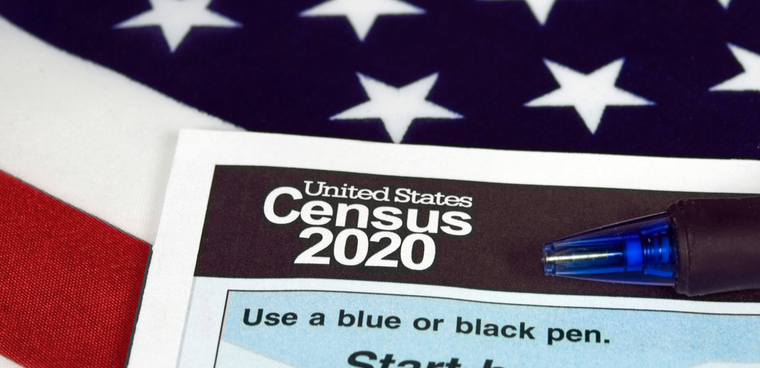Judge blocks citizenship question from 2020 census
The administration can appeal the ruling, and an already-pressed testing process for Census Bureau systems must adjust yet again.

A U.S. District Court judge on Jan. 15 blocked the Trump administration’s effort to add a citizenship question to the 2020 census forms. The move was praised by civil rights groups, but could further complicate the already-compressed preparations for next year's count.
Judge Jesse Furman of the U.S. District Court for the Southern District of New York issued a 277-page ruling that found Commerce Secretary Wilbur Ross’s move to add the citizenship question was illegal, and prohibits the Department of Commerce from adding the question.
Ross “failed to consider several important aspects of the problem; alternately ignored, cherry-picked, or badly misconstrued the evidence in the record before him; acted irrationally both in light of that evidence and his own stated decisional criteria; and failed to justify significant departures from past policies and practices -- a veritable smorgasbord of classic, clear-cut [Administrative Procedure Act] violations,” Furman wrote.
Ross and the Department of Justice claimed the controversial question was needed to fully enforce the Voting Rights Act of 1965. However, in his decision, Furman wrote that Ross’s rationale in adding the question was “pretextual — that the rationale he provided for his decision was not his real rationale.”
Census experts, civil rights groups and Democratic lawmakers praised the ruling.
Mary Jo Hoeksema, co-director of the watchdog group the Census Project, and Terri Ann Lowenthal, who has provided census oversight as a congressional aide, presidential transition team member and private consultant on four decennials, said they’d like to see Congress step in and ensure the question is not added.
Today’s decision puts the Census Bureau, which is already facing an ambitious IT schedule and questions surrounding its future funding amid the shutdown, on an additional time crunch. The agency had planned a last-minute test of the citizenship question's impact for this spring.
The Trump administration can still appeal Furman’s ruling, and the case could end up before the Supreme Court. The cases will be on a tight timeframe, as the printing of 2020 census questionnaires is slated to begin this summer.
Further, there are two other cases pending that also challenge the citizenship question, one in California and one in Maryland.
NEXT STORY: House passes CIO bill





